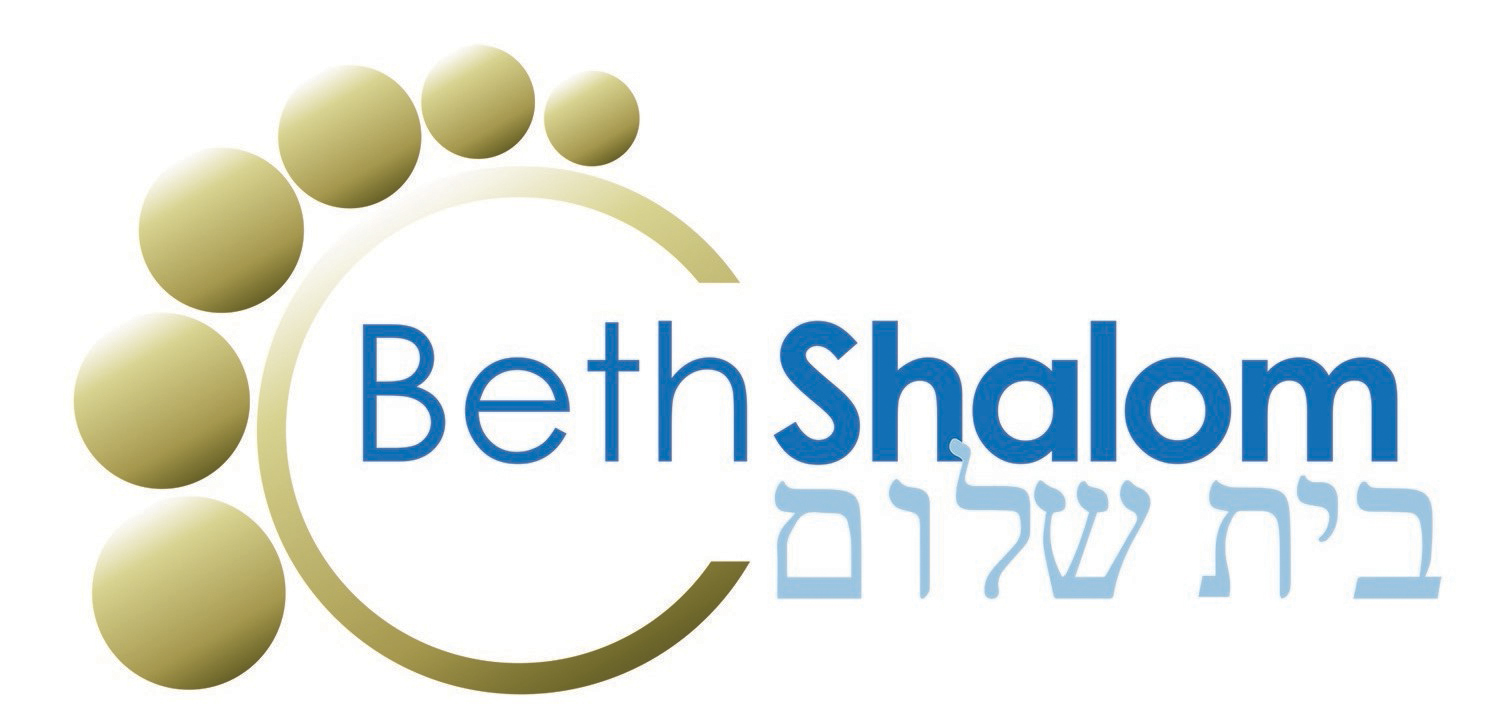Pesah, as a reflection of Yom Kippur on the other side of the Jewish year, is not only a time of celebrating freedom and big family meals, but also a time of reflection and spiritual cleansing. To that end, we acknowledge that the “spring cleaning” of our homes should echo within our souls, and we do that not only be abstaining from the five species of hametz during these eight days, but also by removing these items entirely from our lives, such that we do not own or benefit from them in any way.
As we prepare for Pesah, here is essential, updated kashrut information from the Rabbinical Assembly of the Conservative movement:
https://www.rabbinicalassembly.org/sites/default/files/2021-02/Pesah%20Guide%205781.pdf
The Rabbinical Assembly also has recommendations for this year that are pandemic-related. It is an update of information from last year, anticipating potentially-unavailable K-for-P products and the challenges that some of us may have with in-store shopping under these circumstances:
https://www.rabbinicalassembly.org/story/kashrut-subcommittee-recommendations-pesah-5781
Here is Rabbi Amy Levin’s teshuvah, approved by the Rabbinical Assembly’s Committee on Jewish Law and Standards, on the consumption of kitniyot (rice, beans, etc.) by Ashkenazim during Pesah:
If you opt to eat K-for-P products containing kitniyot, here is a list of acceptable products, according to a Sephardic rabbinic association in New Jersey:
CLICK HERE for JSOR 2023 Passover Guide
Here is a link to Beth Shalom’s form to sell your hametz, so that you do not own it or benefit from it during the eight days of Pesah, as well as the Shabbat beforehand this year:
